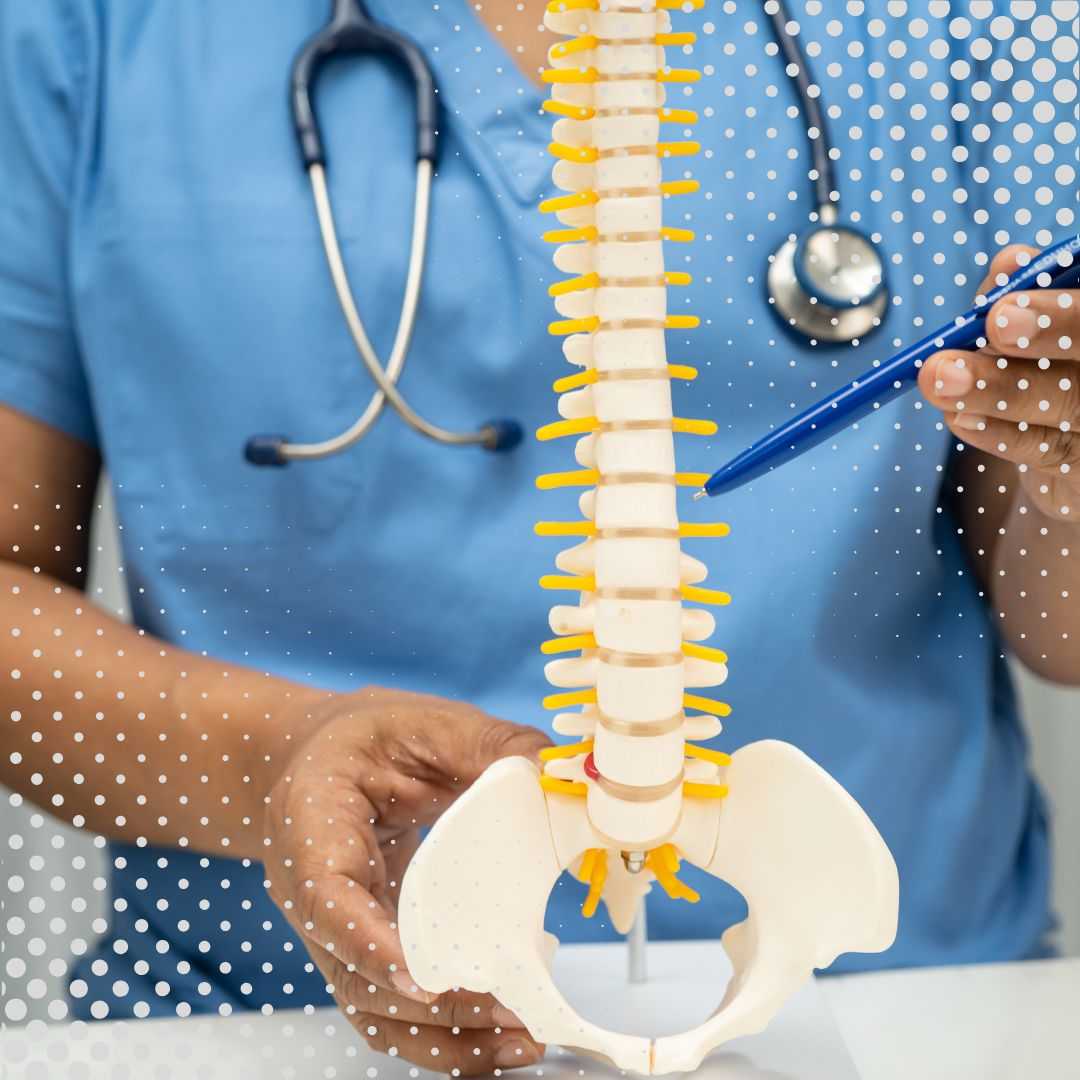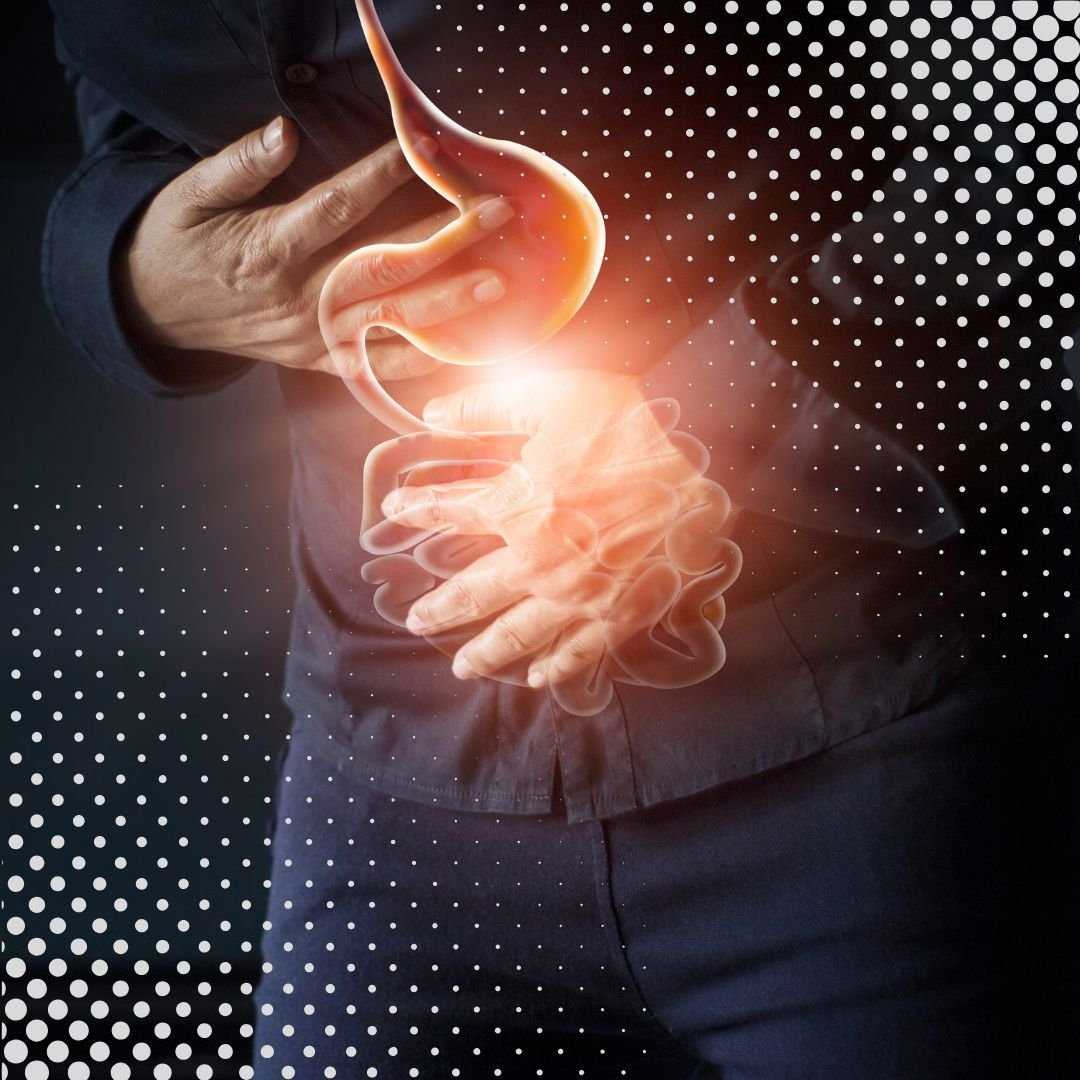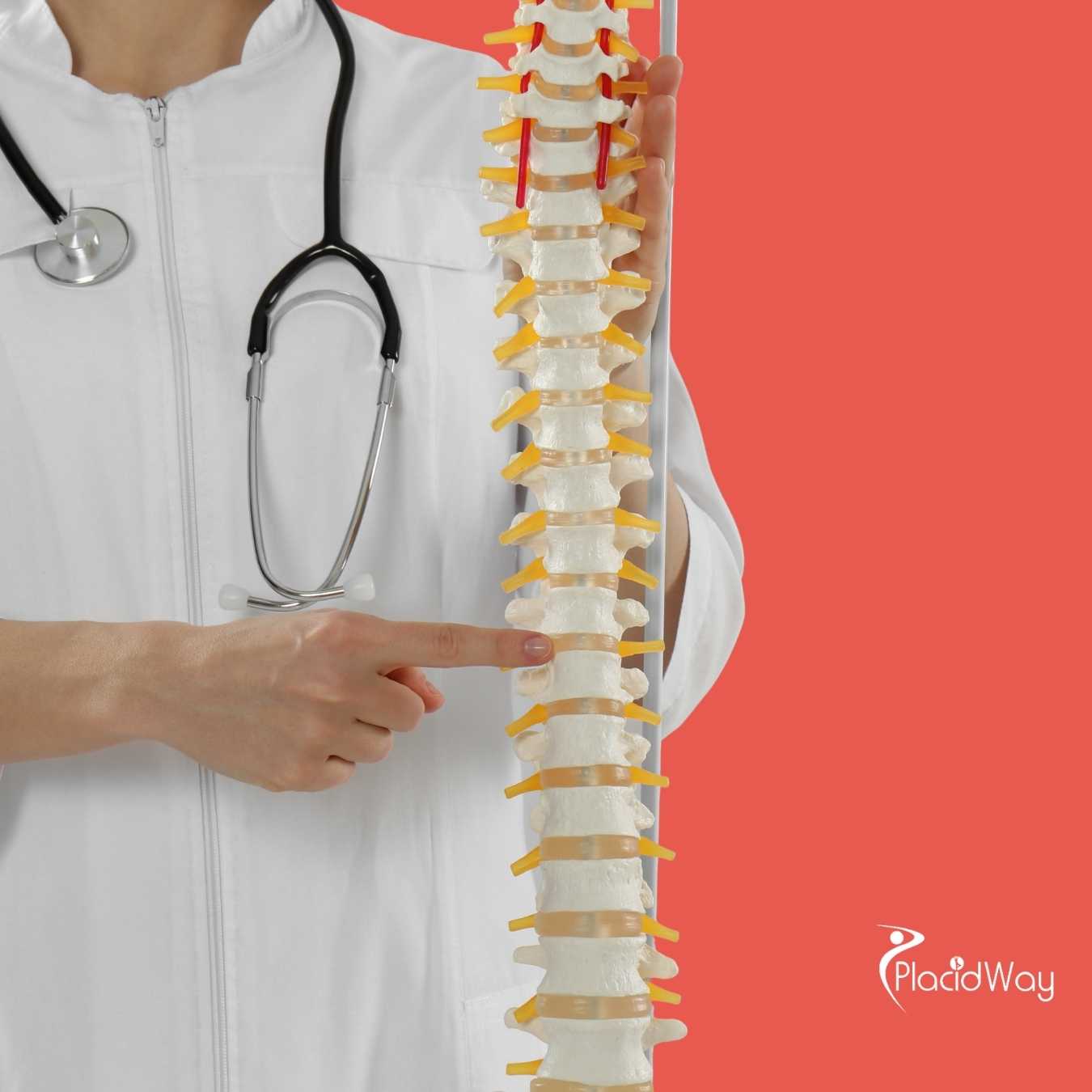Pricing Guide for Stem Cell Therapy in Autoimmune Conditions
.png)
If you're living with an autoimmune disease, you know how challenging it can be to manage symptoms and find effective long-term solutions. Many people are now exploring innovative treatments, and stem cell therapy has emerged as a promising option. But a big question on everyone’s mind is, "How much does stem cell therapy cost for autoimmune disease?" It's a valid concern, as these cutting-edge treatments aren't always straightforward in their pricing.
Understanding the financial aspect of stem cell treatment is crucial for anyone considering this path. The truth is, there isn't a single fixed price; the cost of stem cell therapy for autoimmune disease can fluctuate widely. This variation depends on numerous factors, including the specific autoimmune condition being treated, the type of stem cells utilized, the number of treatments required, the clinic's location, and the expertise of the medical team. Our goal here is to break down these costs, answer your most pressing questions, and provide a clear picture of what you can expect when considering stem cell therapy for an autoimmune condition.
What is the average cost of stem cell therapy for autoimmune diseases?
The price tag for stem cell therapy for autoimmune disease can be a significant investment, varying widely depending on several key factors. On the lower end, treatments might start around $5,000, particularly for less complex conditions or for specific types of therapies using more readily available cells. However, for more advanced treatments, multiple sessions, or those targeting severe autoimmune conditions like Multiple Sclerosis or Crohn's disease, the cost can easily climb to $20,000, $30,000, or even upwards of $50,000 per treatment.
It's important to remember that these figures often encompass the stem cell extraction, processing, and re-implantation procedures. However, they may not always include initial consultations, diagnostic tests, pre-treatment preparations, or post-treatment follow-up care, which can add substantially to the overall expense. Always request a detailed cost breakdown from any clinic you consider to fully understand what is covered.
What factors influence the total cost of stem cell treatment for autoimmune conditions?
Understanding the variables that contribute to the overall stem cell therapy cost for autoimmune disease is essential for budgeting. These factors can create a wide spectrum of pricing:
- Type of Autoimmune Disease: More complex or severe conditions may require more extensive cell processing or multiple treatment protocols, increasing costs.
- Type and Source of Stem Cells:
- Autologous Stem Cells: (from the patient's own body, e.g., adipose tissue or bone marrow) often involve an extraction procedure, which adds to the cost.
- Allogeneic Stem Cells: (from a donor, e.g., umbilical cord blood or placenta) involve donor screening and more complex processing, which can also be costly.
- Number of Treatment Sessions: Many autoimmune conditions require a series of treatments rather than a single session to achieve desired results, significantly impacting the total expense.
- Clinic and Location: Highly reputable clinics with cutting-edge technology and experienced specialists, particularly in regions with higher healthcare costs (like the US or Western Europe), will generally charge more. Clinics in other countries may offer lower prices.
- Additional Services: This can include extensive diagnostic tests, pre-treatment medications, anesthesia, post-treatment monitoring, physical therapy, and follow-up consultations.
Each of these elements plays a crucial role in determining the final price you will pay for your stem cell treatment.
Does health insurance cover stem cell therapy for autoimmune diseases?
The unfortunate reality for many patients is that securing insurance coverage for stem cell therapy for autoimmune disease is rare. Most major health insurance providers consider these therapies experimental or investigational, meaning they are not yet approved as standard medical practice. This classification often leads to automatic denials for coverage, leaving patients to bear the full stem cell therapy cost out-of-pocket.
There are a few exceptions, such as hematopoietic stem cell transplantation (HSCT) for certain blood cancers or specific severe autoimmune conditions that have established protocols and FDA approval. However, for a broad range of autoimmune diseases where stem cell therapy is being explored, coverage remains highly unlikely. Patients should always check directly with their insurance provider and obtain written confirmation regarding coverage, or lack thereof, before proceeding with any treatment.
How does the type of stem cell affect the treatment cost?
Different types of stem cells come with different collection, processing, and application requirements, directly influencing the overall cost of stem cell therapy. The two main categories are:
- Autologous Stem Cells: These are derived from the patient's own body, often from adipose (fat) tissue or bone marrow. The cost here typically includes the mini-surgical procedure to harvest the cells, their processing in a lab to concentrate them, and then re-injecting them. This eliminates the risk of rejection but adds the complexity and cost of the harvesting procedure.
- Allogeneic Stem Cells: These cells come from a donor source, such as umbilical cord blood, placental tissue, or amniotic fluid. The costs associated with allogeneic cells include donor screening, collection from ethical sources, rigorous testing, and specialized cryopreservation and storage. While there's no harvesting procedure for the patient, the sourcing and processing complexities contribute to the overall price.
Mesenchymal Stem Cells (MSCs), regardless of whether they are autologous or allogeneic, are frequently used for their immunomodulatory properties in autoimmune diseases. The specific source (e.g., bone marrow MSCs vs. umbilical cord MSCs) can also subtly affect the pricing due to differing harvesting and isolation protocols.
Are there financing options available for stem cell therapy?
Since the financial burden of stem cell therapy for autoimmune disease often falls directly on the patient, exploring various financing options becomes a necessity for many. Clinics offering stem cell treatments may have partnerships with medical lending companies that provide specialized loans for healthcare procedures. These loans can help spread the cost over a manageable period with fixed monthly payments.
Other common avenues include personal loans from banks or credit unions, which can offer competitive interest rates based on your credit history. Some patients also utilize existing credit cards, though this option typically comes with higher interest rates. It's also worth asking the clinic if they offer their own in-house payment plans, allowing you to pay in installments. Additionally, participating in clinical trials can sometimes provide access to treatments at a reduced cost or even free, although entry criteria are often stringent.
What is the cost of stem cell therapy for autoimmune diseases in popular medical tourism destinations like Mexico or Germany?
Many individuals grappling with the high stem cell therapy cost for autoimmune disease in their home countries turn to medical tourism. Destinations like Mexico and Germany have emerged as popular choices due to their reputable clinics and more accessible pricing. In Mexico, for instance, you might find comprehensive stem cell treatment packages ranging from $8,000 to $20,000, depending on the specific autoimmune condition and protocol. These often include the treatment itself, some diagnostics, and potentially even local transportation or accommodation assistance.
Germany, known for its stringent medical regulations and advanced research, also offers stem cell therapy for various autoimmune conditions. While generally more expensive than Mexico, costs in Germany can still be considerably lower than in the United States, typically ranging from $15,000 to $25,000 or more, especially for treatments utilizing advanced technologies or a greater number of stem cells. These destinations offer a balance of quality care and comparatively lower stem cell therapy cost, making them attractive for international patients.
How much cheaper is stem cell therapy for autoimmune diseases abroad compared to the US?
The cost disparity for stem cell therapy for autoimmune disease between the United States and other countries is often substantial. In the US, the cost of stem cell therapy can easily reach $20,000 to $50,000 or even higher for complex cases or multiple infusions. When you compare this to the $8,000 to $25,000 range seen in places like Mexico, Panama, or Germany, the potential savings become quite clear. Patients can often save anywhere from 30% to 70% on the total treatment cost by opting for international clinics.
However, it's crucial to factor in additional expenses when considering medical tourism. These include travel costs (flights, local transportation), accommodation, meals, and potential visa fees. While the treatment itself might be significantly cheaper, these ancillary costs need to be budgeted for. Despite these extra expenses, the overall package for stem cell therapy abroad often still presents a more affordable solution than domestic options, especially when dealing with high out-of-pocket expenses for autoimmune disease treatment.
What should be included in a stem cell therapy package cost?
When inquiring about the cost of stem cell therapy for autoimmune disease, it's vital to get a clear understanding of what exactly is included in the quoted price. A reputable clinic should provide a transparent breakdown of all services. Generally, a comprehensive package should cover:
- Initial Consultation and Evaluation: This includes a thorough medical review, assessment of your autoimmune condition, and determination of suitability for stem cell treatment.
- Diagnostic Tests: Necessary blood tests, imaging (e.g., MRI), or other specialized diagnostics to tailor the treatment plan.
- Stem Cell Harvesting/Sourcing: The procedure for collecting autologous cells (e.g., liposuction for adipose tissue, bone marrow aspiration) or the cost of sourcing allogeneic cells.
- Cell Processing and Preparation: The laboratory work involved in isolating, culturing, and preparing the stem cells for administration.
- Stem Cell Administration: The actual procedure of injecting or infusing the stem cells.
- Post-Treatment Care: This may include medications, follow-up consultations, and possibly guidance on lifestyle adjustments.
Some all-inclusive packages, especially in medical tourism, might also cover aspects like airport transfers, accommodation, and interpreter services. Always ask for a detailed itemized list to avoid unexpected charges related to your autoimmune disease stem cell therapy.
Is stem cell therapy for autoimmune diseases considered experimental?
The status of stem cell therapy for autoimmune diseases is a critical point that influences both its availability and insurance coverage. While there's immense promise and ongoing research, many of these treatments are still in clinical trial phases or offered under compassionate use protocols in regulated countries. Regulatory bodies like the US FDA have only approved a limited number of stem cell-based products, primarily for specific blood disorders and cancers.
For most autoimmune diseases, the use of stem cells is not yet considered a standard, approved treatment. This experimental status means that treatments outside of approved clinical trials are often offered by private clinics under different regulatory frameworks, particularly in countries with less stringent oversight. Patients considering stem cell therapy should be aware of this distinction and understand the potential risks and unproven benefits associated with investigational treatments. It's important to research the clinic's credentials and the scientific backing for their specific protocols.
What are the potential long-term costs associated with stem cell therapy for autoimmune diseases?
When budgeting for stem cell therapy for autoimmune disease, it's important to think beyond the initial procedure's price. The long-term financial commitment can include several elements:
- Repeat Treatments: For many autoimmune conditions, a single stem cell infusion might not be sufficient for sustained results. Patients may require multiple sessions over time, each incurring significant costs.
- Maintenance Therapies: Even after stem cell treatment, some patients may still need ongoing conventional medications or supportive therapies to manage their autoimmune disease, adding to recurring expenses.
- Diagnostic Monitoring: Regular blood tests, imaging, and specialist consultations are often necessary to monitor the patient's progress and the efficacy of the stem cell therapy.
- Rehabilitation and Supportive Care: Depending on the autoimmune condition and its impact, patients might require physical therapy, occupational therapy, or other rehabilitative services post-treatment.
It’s crucial to have an open discussion with your chosen clinic about the expected long-term treatment plan and any associated costs to get a complete financial picture for managing your autoimmune disease with stem cells.
Ready to explore your options for stem cell therapy for autoimmune disease? PlacidWay connects you with leading clinics and specialists worldwide, offering transparent information and personalized assistance to help you find the best treatment solutions for your needs. Visit PlacidWay today to learn more.


.png)









Share this listing